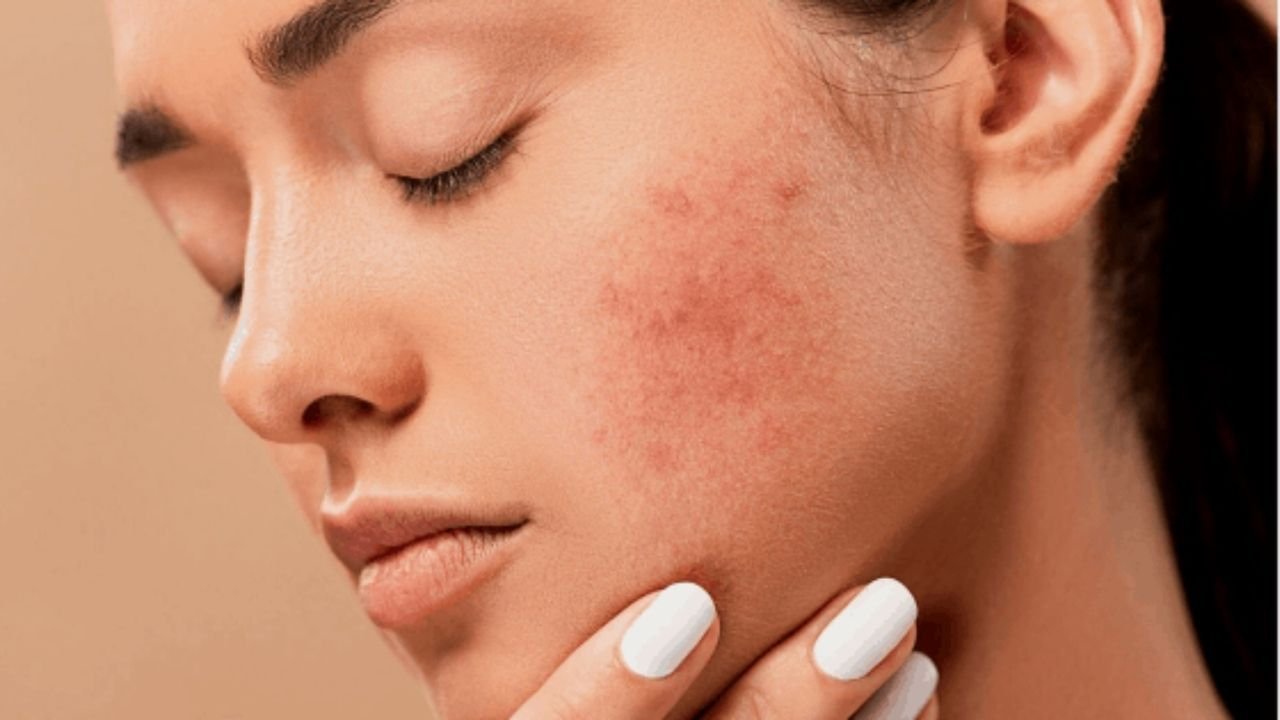
Managing Winter Skin Problems with Ayurveda
Winter often brings with it skin issues such as dryness, dehydration, and irritation. The cold air, low humidity, and lack of moisture can leave your skin feeling tight, rough, and flaky. Ayurveda, a holistic approach to health and wellness, offers effective remedies to nourish and protect the skin during the winter season. By addressing both internal and external factors, Ayurveda helps maintain skin health even in challenging weather conditions.
Causes of Skin Infections in Winter
Winter skin issues are primarily caused by reduced moisture in the air and the body’s altered response to cold weather. Two key causes include:
- Low Sebum Production: In colder months, the body reduces subcutaneous blood flow to conserve heat, which results in a decrease in the production of sebum (natural oils). This leads to dry skin, as the skin lacks the moisture and protection provided by these oils.
- Dry Air: The dry, chilly air of winter accelerates moisture loss from the skin, leading to dehydration. Unlike in summer when sweat helps keep the skin hydrated, winter air dries out the skin much faster, leaving it vulnerable to cracks, irritation, and sensitivity.
Ayurveda Remedies for Skin Care During Winter
Ayurveda offers natural, time-tested remedies for combating dry skin during winter. These remedies focus on restoring balance to the body’s internal systems (Doshas) and providing external nourishment through natural ingredients. Here are some Ayurvedic solutions for healthy, glowing skin:
1. Oil Massages (Abhyanga)
Ayurveda emphasizes the importance of oil massages to balance the Vata and Kapha Doshas, which are often aggravated during winter. Massaging the body with oils helps lock in moisture and soothe dryness. Some effective oils include:
- Sesame Oil
- Shatavari Oil
- Coconut Oil
- Bhringraj Oil
- Almond Oil
These oils provide deep hydration and help restore the skin’s natural barrier against the harsh winter air.
2. Ayurveda Herbs for Skin Care
Herbs have been used for centuries in Ayurveda to treat skin issues. Some herbs that can help combat dryness include:
- Ashwagandha (for boosting immunity and skin health)
- Yastimadhu (Licorice, known for its soothing properties)
- Kumari (Aloe Vera, hydrating and calming)
- Manjistha (for promoting clear skin)
These herbs can be used in face packs or consumed with tea to support the skin’s hydration and nourishment from within.
3. Ayurveda Face Packs
Face packs made with natural ingredients can be an effective way to address dry, winter skin. Here are some Ayurvedic face packs that soothe and hydrate:
- Milk, Almond, and Rose Water: Moisturizes and brightens the skin.
- Avocado, Honey, and Clove Oil: Deeply hydrates and softens the skin.
- Banana and Aloe Vera: Nourishes and replenishes moisture.
- Papaya and Honey: Heals and brightens dry skin.
These ingredients are rich in vitamins and antioxidants that support skin health and prevent dryness.
4. Yoga and Meditation for Healthy Skin
Certain yoga poses can increase blood circulation and help with the natural production of oils that protect the skin. Practicing these asanas regularly promotes healthy, glowing skin by enhancing blood flow and reducing stress:
- Bhujangasana (Cobra Pose)
- Sarvangasana (Shoulder Stand)
- Dhanurasana (Bow Pose)
- Matsyasana (Fish Pose)
- Ustrasana (Camel Pose)
- Uttanasana (Standing Forward Bend)
These poses not only benefit the skin but also help balance your Doshas, promoting overall wellness.
5. Stay Hydrated
Hydration is critical for maintaining healthy skin, especially in winter when moisture evaporates more quickly. Drink warm water throughout the day to replenish lost moisture and flush out toxins. You can also add hydrating teas such as herbal infusions of ginger, turmeric, or chamomile to support skin health.
6. Eat Right
A balanced, nutrient-rich diet is vital for skin health. Ayurveda recommends consuming foods rich in vitamins and minerals to nourish your skin from the inside. Some key foods to include are:
- Oranges, Avocados, and Berries (rich in vitamins A, C, and E)
- Walnuts, Flaxseeds, and Sweet Potatoes (good for hydration and healthy fats)
- Green Leafy Vegetables (loaded with antioxidants)
- Ghee and Coconut Oil (natural moisturizers)
These foods help hydrate and nourish the skin, making it more resilient to the dry winter air.
Consultation with Ayurveda Experts
Winter skin problems are often a result of imbalances in the body’s Doshas. Consulting an Ayurvedic practitioner at a center like Srisoukya Ayurvedic Center in Bahrain can help you identify your unique Prakriti (body constitution) and receive a tailored skincare regimen. This personalized approach ensures that your Doshas are balanced, and your skin remains healthy and radiant throughout the colder months.
Incorporating these Ayurvedic practices into your daily routine will keep your skin moisturized, protected, and glowing, even when winter strikes. Whether through nourishing oils, healing herbs, or rejuvenating yoga, Ayurveda offers holistic solutions for managing winter skin problems effectively.


Leave a Reply